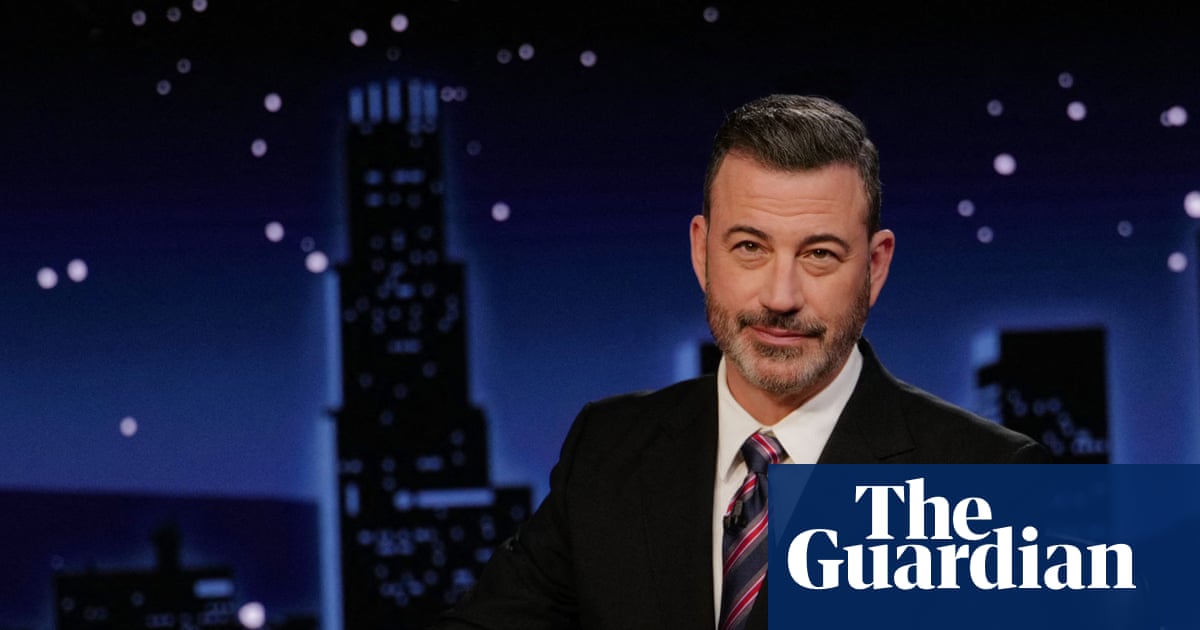
"Months before Kimmel was briefly pulled off the air, the Federal Communication Commission (FCC) quietly announced it was seeking to make a huge change to broadcasting rules. The change would primarily affect three companies that own more local TV stations than any other company: Sinclair Broadcasting, Nexstar Media Group and Gray Television Inc. All three companies own the maximum number of local TV stations that is legally permitted for a single company to own."
"In June, the FCC announced that it was seeking public comment to raise the cap, which would allow the companies to acquire more local TV stations. In a filing to the FCC, media watchdog Free Press said that changing the national cap would be wildly dangerous. Handing even more media control to a handful of conglomerates and billionaires already so dominant in the space is a wildly dangerous idea, no matter who holds the presidency, the group said."
"By August, Nexstar announced its intention to acquire its broadcast rival Tegna for $6.2bn. The initiatives being pursued by the Trump administration offer local broadcasters the opportunity to expand reach, level the playing field, and compete more effectively with the big tech and legacy big media companies that have unchecked reach and vast financial resources, Nexstar's chief executive officer, Perry Sook, said at the time."
An FCC proposal in June sought public comment on raising the national television ownership cap that currently prevents any single company from reaching more than 39% of the US TV audience. Sinclair, Nexstar, and Gray already own the maximum number of local stations allowed and would benefit from a higher cap. Media watchdog Free Press warned that raising the cap would dangerously concentrate media control among a few conglomerates and billionaires. In August, Nexstar announced a $6.2 billion plan to acquire Tegna, which owns 64 stations and would exceed current limits. Nexstar's CEO argued regulatory changes would help local broadcasters compete with big tech and legacy media.
Read at www.theguardian.com
Unable to calculate read time
Collection
[
|
...
]